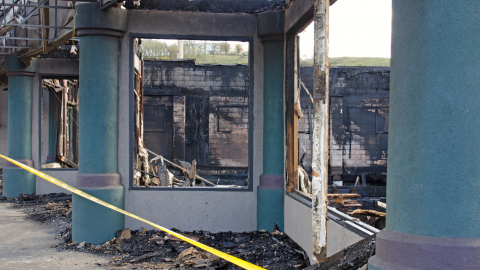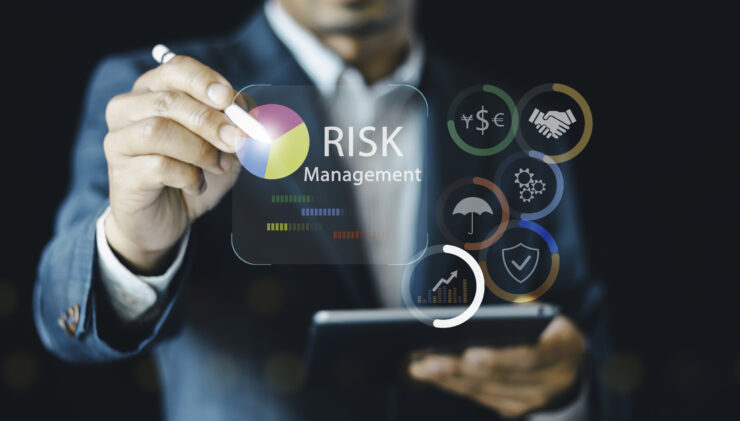 How An Ex-Mod Projection Can Help Control Work Comp Costs
How An Ex-Mod Projection Can Help Control Work Comp CostsOn April 20, 2021, the jury reached a verdict in the case over George Floyd’s death. Derek Chauvin, the police officer who knelt on George Floyd’s neck, was convicted of all three charges against him: second-degree unintentional murder, third-degree murder, and second-degree manslaughter.
The trial was an especially important one for the Black Lives Matter movement. ABC News says that police departments across the country were bracing for protests and civil unrest as they waited to hear the verdict. It is not the first time that civil unrest has been a major concern in recent months.
The Surge in Protests and the Impact on the Community
Protests increased in 2020 as the public became outraged over the deaths of Black Americans at the hands of the police. According to the Armed Conflict Location & Event Data Project (ACLED), more than 10,600 demonstrations occurred in the U.S. between May 24 and August 22. Nearly 95% of these demonstrations were peaceful, but that still leaves approximately 570 demonstrations that involved violence.
In some areas, business owners have faced vandalism and looting associated with civil unrest. Businesses have also had to deal with curfews put in place because of protests, and some businesses have willingly closed early as a precaution against expected civil unrest. These losses come at a time when many businesses are already struggling because of the COVID-19 pandemic.
Healthcare providers and nonprofits may also feel the impact of civil unrest. Hospitals may have to deal with injuries associated with riots and riot control measures, while home care workers may not be unable to get to their clients’ homes because of civil unrest. Nonprofits may face property damage and disruption to operations just like for-profit companies.
Insurance Coverage for Civil Unrest
Insurance coverage can help businesses deal with losses caused by civil unrest.
According to the Insurance Information Institute, a standard Business Owners Policy may provide coverage for physical damage to a business and its contents stemming from civil unrest, including fire, riots, and vandalism. However, businesses may purchase separate coverage for broken windows.
If the property suffers physical damage, business interruption coverage may also be available. Policies with a civil authority provision may also provide coverage in situations where the police or other authorities block access to a property because of nearby civil unrest.
Preparing for Civil Unrest
Even following the recent verdict in the case against Derek Chauvin, tensions remain high, and more civil unrest is likely.
Both for-profit and nonprofit organizations should develop plans to address civil unrest risks. These plans should include ways to mitigate business disruptions, protect property, repair damages, and keep people safe. See Chubb’s Best Practices Civil Unrest Planning Checklist for a detailed list of steps to include in your plan.
It’s also important to review your business insurance policies to see what coverage is provided and whether additional coverage is needed. If you have any questions about your insurance coverage, please contact Heffernan Insurance Brokers today.




